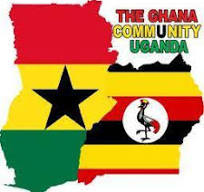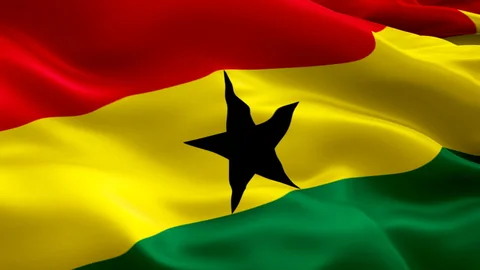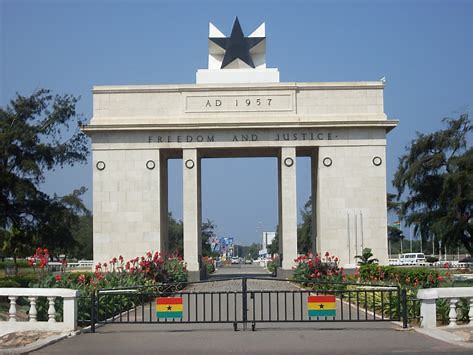Until its independence from British Colonial rule on 6th March 1957, Ghana was called the “Gold Coast” a name given it by early Portuguese explorers who first set foot on the shores of the country in the fifteenth century.
The name aptly describes the country’s wealth in gold and natural resources, which include to the present day:
- Rich mineral resources such as gold, diamonds, manganese, bauxite, iron ore and various clay and salt deposits.
- Extensive, rich forests with a wide range of fine tropical hardwoods.
- A wide variety of agricultural products and rich fishing resources.
- Unique tourist attractions, including beautiful landscapes, inviting sunshine, golden beaches, wildlife parks, the countryside with its rich cultural heritage and the proverbial warmth and hospitality of the people.
During various periods from the time the Portuguese discovered gold in 1471 to independence in 1957, the monarchs of several European kingdoms, notably Denmark, England, Holland, Prussia and Sweden, sent hordes of explores and merchants to the country for its abundant wealth, both natural and human.
They battled for supremacy and control over the land and built forts and castles which also served as trading posts. Vestiges of the extent of European colonial presence and concentration of activities in the country are evidenced by the fact that 29 of the 32 European colonial forts and castles dotted along the coast of West Africa are in Ghana.


